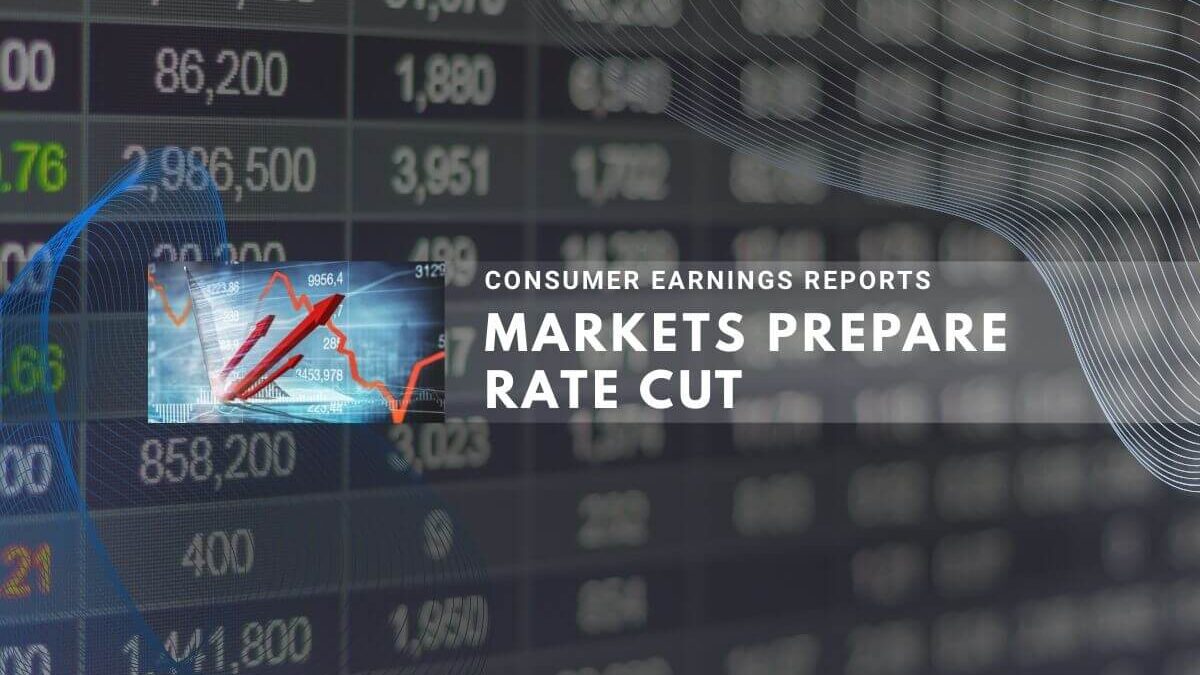Markets positioned for recovery Monday amid heightened expectations for Federal Reserve rate cuts in December. The S&P 500 futures rose 0.6% while Nasdaq-100 futures climbed 0.9%, reflecting investor optimism before critical economic data releases this week. New York Federal Reserve President John Williams signaled November 21 that rate reduction remains “feasible in the near term,” reaching market probability estimates toward 71 percent upward.[1][2][3][4][5][6][7]
Federal Reserve December Rate Cut Probability Reaches 71 Percent After Williams Statement
The Federal Reserve rate cut probability reached 71 percent as of November 24, 2025. CME FedWatch data confirms this probability surge, representing a 30+ percentage point increase from 39.1 percent on November 20, immediately following Williams’ market-moving statement.[5][6][7][8]
Current Rate Cut Probability Metrics Across Market Models and Positions
- CME FedWatch official data shows 69.4–71% probability range for December reduction[6][5]
- Multiple market pricing models estimate 67–73% combined probability range[7][8]
- Prior estimate before Williams statement was significantly lower at 39.1 percent[2]
- December Federal Reserve meeting scheduled for December 9-10, 2025[6]
This dramatic shift reflects market confidence that inflation has cooled sufficiently to warrant monetary easing. However, the 43-day government shutdown from October 1–November 12 cancelled October employment reports and delayed critical economic data. The Federal Reserve now faces its December decision with September serving as the most recent inflation reading available.[9][10][11]
Economic Data Delays Impact Federal Reserve Rate Cut Decision Framework
Tuesday’s data releases represent the first meaningful economic indicators available since government shutdown disruptions. Key reports scheduled for 8:30 a.m. ET include September producer prices, September retail sales, and November consumer confidence data. Wednesday morning’s jobless claims report completes the critical data week before Thanksgiving closure.[12][13][1]
Major Stock Market Indices Decline Significantly Through November Twenty-First
American stock markets showed substantial monthly losses through November 21, 2025. The S&P 500 declined 3.5%, the Nasdaq Composite dropped 6.1%, and the Dow Jones Industrial Average fell 2.8% for the month. Investor concerns about artificial intelligence valuations and slowing technology earnings drove broad sector weakness across markets.[14][1][2]
| Index | November Decline | Primary Driver |
|---|---|---|
| S&P 500 | Down 3.5% | Broad market weakness |
| Nasdaq Composite | Down 6.1% | Tech sector pressure |
| Dow Jones | Down 2.8% | Industrials decline |
Novo Nordisk Shares Fall After Alzheimer’s Disease Drug Trial Failure
Novo Nordisk announced that its Phase 3 Alzheimer’s trials failed to achieve primary endpoints, causing stock decline of 9–11 percent. The EVOKE trials enrolled 3,808 participants testing Rybelsus (oral semaglutide), but biomarker improvements did not translate into meaningful cognitive benefits measured by CDR-SB scores.[15][16][17][18][19][20]
Trial Results and Clinical Implications for GLP-1 Drug Class Development
The trial failure eliminates hopes that GLP-1 medications approved for diabetes and weight loss could treat Alzheimer’s disease effectively. Rybelsus remains approved only for type 2 diabetes treatment, containing the same semaglutide active ingredient as Novo’s blockbuster Ozempic and Wegovy drugs.[16][17][18][21][22]
This setback removes a potential $50+ billion market opportunity for Novo amid rising competitive pressures in obesity and diabetes segments.
Related Articles:
- Stock Market Ends Mixed as Federal Reserve Rate-Cut Hopes Diminish
- Tech Stocks Surge; Gold Hits All-Time High on Market Uncertainty
Alibaba’s Qwen AI App Achieves Rapid Market Adoption in Mainland China
Alibaba reported Qwen artificial intelligence app downloads reached 10 million in one week following its mid-November relaunch. This adoption rate positions Qwen among the fastest-growing AI applications launched in 2025, particularly notable given ChatGPT unavailability in mainland China.[23][24][25][26]
Alibaba shares gained 4 percent in premarket trading following the announcement, reflecting investor confidence in artificial intelligence positioning and recovery prospects.
